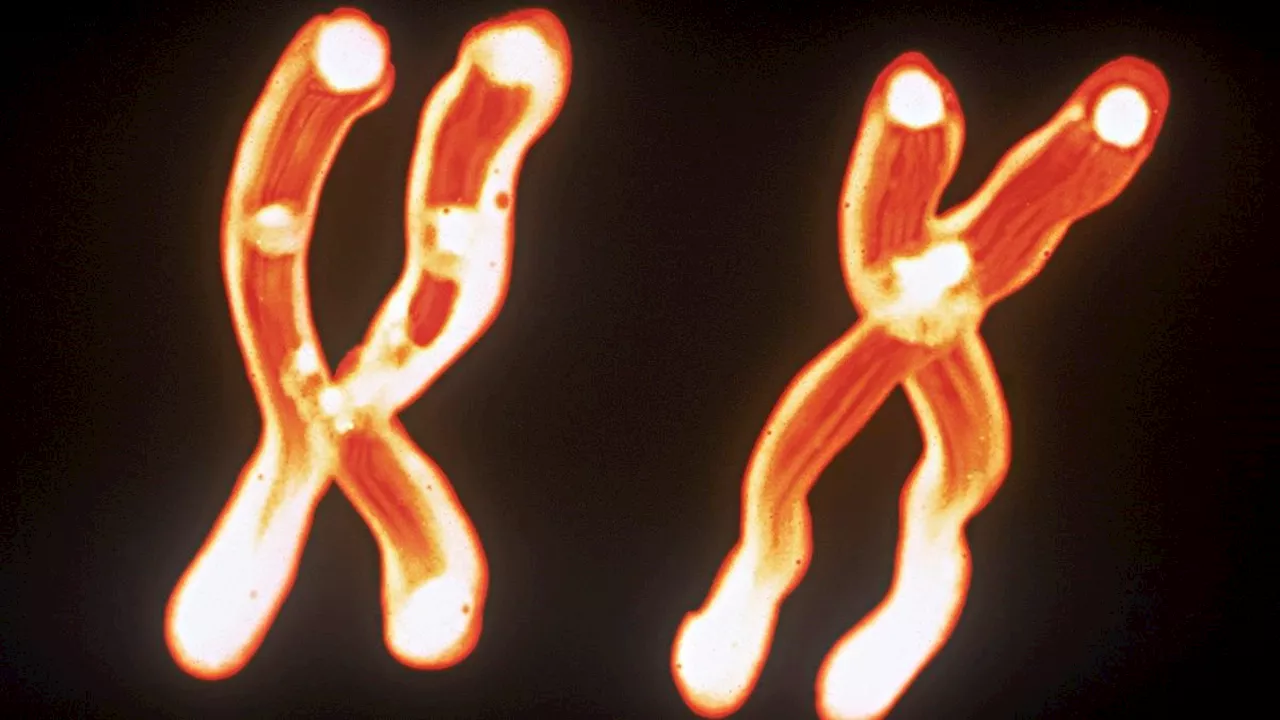Vanderbilt University Medical Center researchers discover a mutated gene, WNT9B, inherited from parents that significantly increases the risk of developing prostate cancer in adulthood.
A groundbreaking study conducted by the Vanderbilt University Medical Center has unveiled a significant discovery regarding inherited prostate cancer risk. The research, published in a reputable journal, reveals that a mutated gene known as WNT9B, which plays a crucial role in the normal development of the prostate during embryonic stages, increases the likelihood of developing prostate cancer in adulthood.
This finding has been independently replicated in five separate study populations encompassing a vast group of half a million patients from both the United States and Europe. The increased risk estimates associated with this inherited mutation range from two to twelvefold, according to lead author Dr. Jeffrey Smith, an associate professor of Medicine in the Division of Genetic Medicine.Dr. Smith emphasizes that unlike breast cancer, where a relatively smaller number of high-risk genes have been identified, prostate cancer presents a greater genetic complexity. Although the inherited risk of prostate cancer is approximately twice that of breast cancer, pinpointing the specific genetic factors involved has proven to be a significant challenge for large-scale research efforts. Established high-risk prostate cancer genes currently include WNT9B, HOXB13 (also involved in embryonic prostate development), the 8q24 locus, and BRCA2.Dr. Smith highlights that the risk of developing prostate cancer due to a pathogenic WNT9B mutation is comparable to the risk of breast cancer associated with pathogenic mutations that are routinely screened for in breast cancer care. He underscores the importance of understanding inherited mutations, stating that this knowledge can guide the selection of effective treatments and potentially have broader implications for an individual's family. Dr. Smith further indicates that future research will explore whether inherited or acquired mutations may influence clinical outcomes, potentially paving the way for personalized and precision-based cancer care. This research was supported by grants from the Veterans Health Administration, the V Foundation for Cancer Research, and National Institutes of Health grant P30CA068485. The study is based on data from the Million Veteran Program, Office of Research and Development, Veterans Health Administration, which was supported by MVP000 and MVP046.
Prostate Cancer Genetic Predisposition WNT9B Gene Inheritance Cancer Risk
United States Latest News, United States Headlines
Similar News:You can also read news stories similar to this one that we have collected from other news sources.
 Gene Mutation Found to Enhance Plant-Microbe Partnerships, Paving the Way for Reduced Fertilizer UseResearchers at the John Innes Centre have discovered a gene mutation that strengthens the symbiotic relationship between plant roots and beneficial soil microbes, potentially leading to a significant reduction in the need for synthetic fertilizers.
Gene Mutation Found to Enhance Plant-Microbe Partnerships, Paving the Way for Reduced Fertilizer UseResearchers at the John Innes Centre have discovered a gene mutation that strengthens the symbiotic relationship between plant roots and beneficial soil microbes, potentially leading to a significant reduction in the need for synthetic fertilizers.
Read more »
 Pope Reveals He Inherited Big White Box of Corruption and Abuse ScandalsThe pontiff and his predecessor had been photographed with a mysterious white box.
Pope Reveals He Inherited Big White Box of Corruption and Abuse ScandalsThe pontiff and his predecessor had been photographed with a mysterious white box.
Read more »
 Trump Just Inherited Sole Authority to Launch Nuclear Weapons on a WhimFearless Independent Journalism
Trump Just Inherited Sole Authority to Launch Nuclear Weapons on a WhimFearless Independent Journalism
Read more »
 Living with an Ultra-Rare Inherited Cholesterol Condition: One Family's StoryThis article tells the story of a family impacted by homozygous familial hypercholesterolemia (HoFH), a rare genetic condition that causes extremely high levels of LDL-C (bad cholesterol). The article follows Scott, the father, and his daughter Chloe, who was diagnosed with HoFH at age 5. It details their journey with various treatments and the hope they found with the FDA-approved drug EVKEEZA.
Living with an Ultra-Rare Inherited Cholesterol Condition: One Family's StoryThis article tells the story of a family impacted by homozygous familial hypercholesterolemia (HoFH), a rare genetic condition that causes extremely high levels of LDL-C (bad cholesterol). The article follows Scott, the father, and his daughter Chloe, who was diagnosed with HoFH at age 5. It details their journey with various treatments and the hope they found with the FDA-approved drug EVKEEZA.
Read more »
 Inherited IRA Withdrawals: New Rules, Penalties, and Timing StrategiesStarting in 2025, certain non-spouse beneficiaries of inherited IRAs will face penalties for missing required annual withdrawals. These rules apply if the original IRA owner reached their required minimum distribution (RMD) age before death. Heirs will need to manage withdrawals carefully to avoid both penalties and the '10-year tax squeeze,' which occurs when larger withdrawals are required in later years due to previous skipped distributions.
Inherited IRA Withdrawals: New Rules, Penalties, and Timing StrategiesStarting in 2025, certain non-spouse beneficiaries of inherited IRAs will face penalties for missing required annual withdrawals. These rules apply if the original IRA owner reached their required minimum distribution (RMD) age before death. Heirs will need to manage withdrawals carefully to avoid both penalties and the '10-year tax squeeze,' which occurs when larger withdrawals are required in later years due to previous skipped distributions.
Read more »
 Faster brain aging tied to X chromosome inherited from MomNicoletta Lanese is the health channel editor at Live Science and was previously a news editor and staff writer at the site. She holds a graduate certificate in science communication from UC Santa Cruz and degrees in neuroscience and dance from the University of Florida.
Faster brain aging tied to X chromosome inherited from MomNicoletta Lanese is the health channel editor at Live Science and was previously a news editor and staff writer at the site. She holds a graduate certificate in science communication from UC Santa Cruz and degrees in neuroscience and dance from the University of Florida.
Read more »
